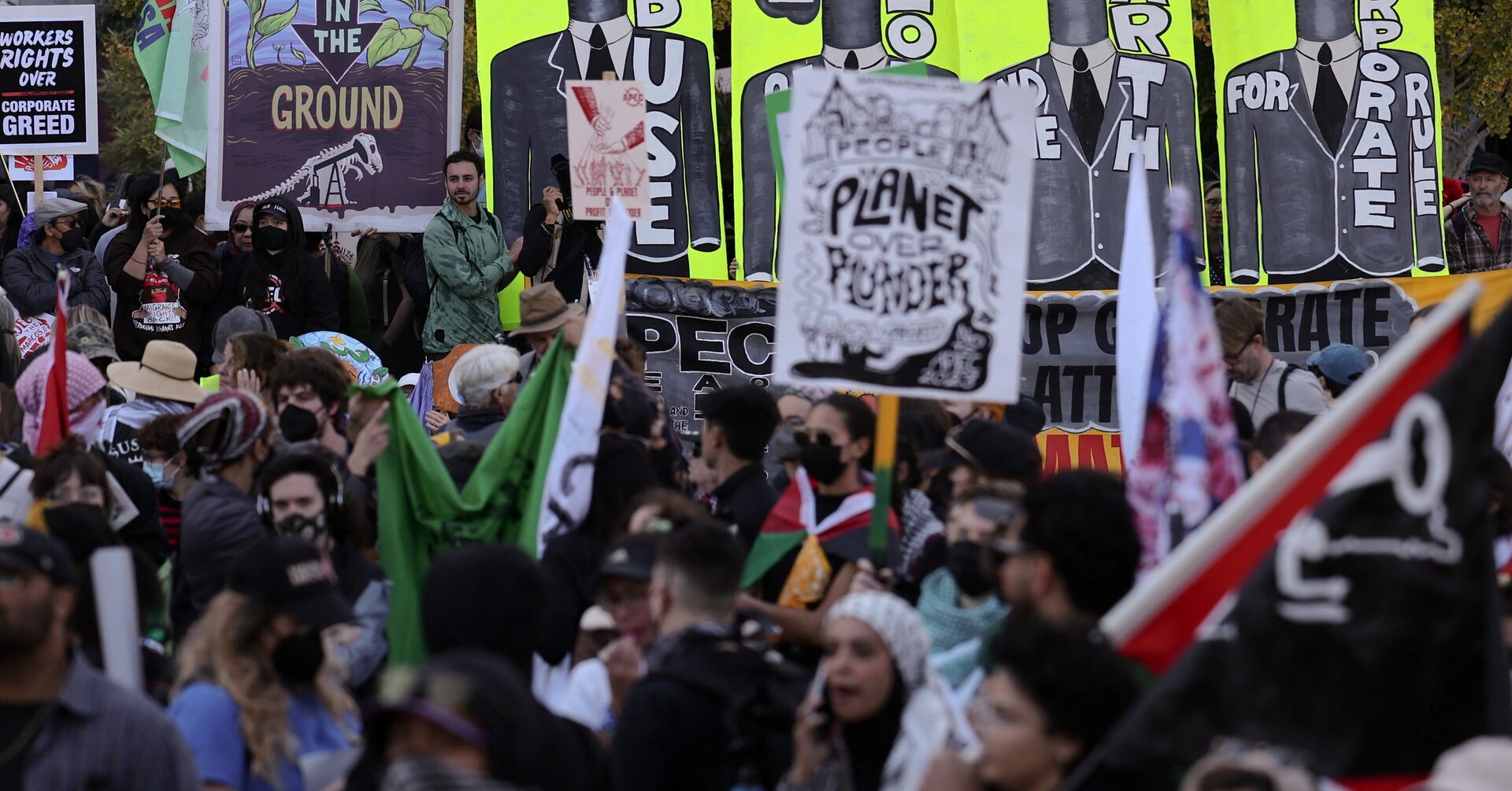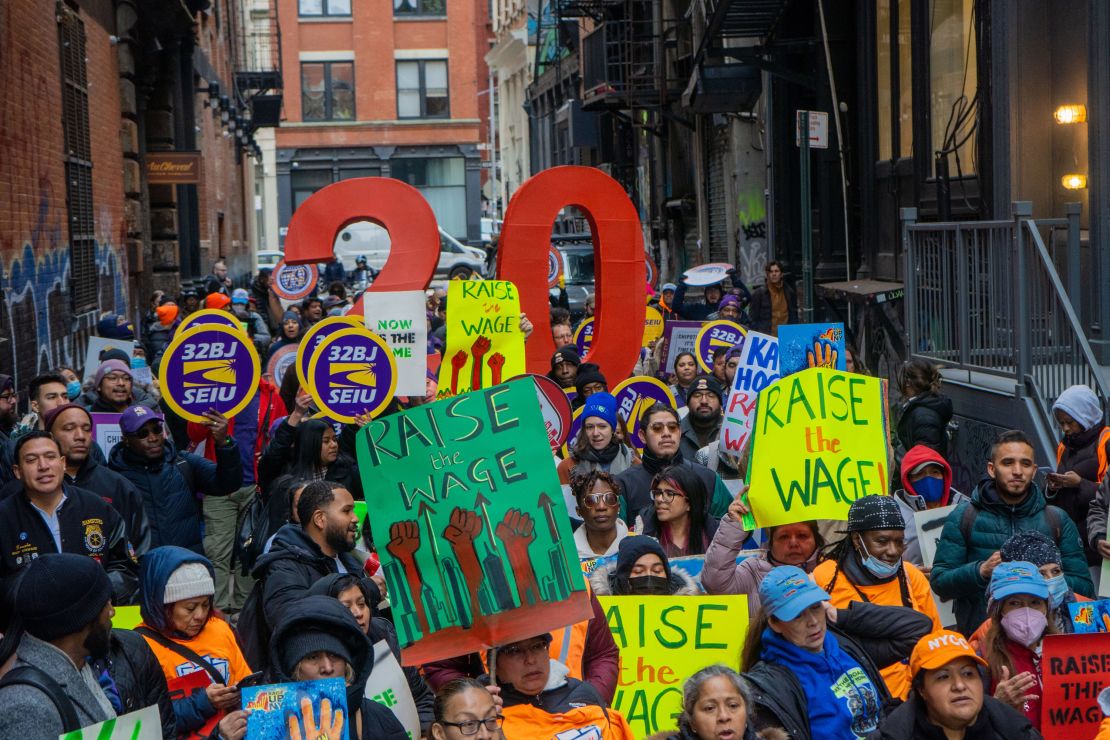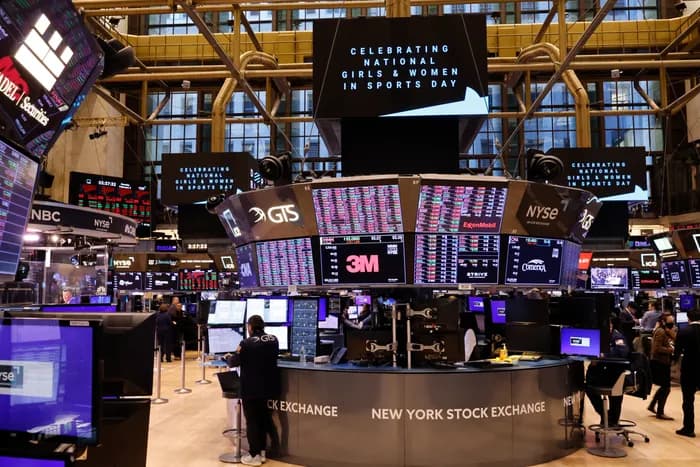As global economic turmoil deepens, the stark reality is emerging: capitalism continues to thrive at the expense of the working class. Even in the face of disasters—whether they be wars, pandemics, or climate catastrophes—market resilience is alarmingly evident, raising questions about who truly benefits from these crises.
Stock Markets Show No Fear of Global Chaos
In a shocking display of indifference, major stock markets have shown remarkable resilience, consistently rebounding regardless of the external chaos. Historical precedents, such as the British stock market"s rise after the Nazi invasion of France in 1940, illustrate a disturbing pattern: while economies struggle, investors profit. The stock market"s indifference to society"s suffering raises critical questions about the ethical implications of disaster capitalism.
Workers Face the Brunt of Economic Displacement
While investors celebrate their gains, workers are left to grapple with the aftermath of economic crises. According to research on economic resilience, the very policies that are supposed to protect workers often fail them during public health shocks. The COVID-19 pandemic highlighted these failures, as millions faced unemployment or underemployment while corporations reaped record profits. This sharp divide reflects an economic system designed to prioritize capital over human life.

APEC San Francisco protesters span gamut of political issues ...
Disaster Capitalism Profits Amid Environmental Devastation
As climate change exacerbates natural disasters, the trend of disaster capitalism becomes even more troubling. The human-induced crises we face today—from wildfires to flooding—are not only a result of neglect but are also opportunities for profit maximization within an exploitative capitalist framework. Environmental degradation is not just a backdrop; it is a business model that enriches a select few while leaving communities devastated.
Policy Responses Favor Big Corporations Over Communities
Government responses to crises often reflect a prioritization of economic stability over social equity. Fiscal policies heavily favor large corporations, enabling them to recover swiftly while small businesses and workers languish. The concept of economic resilience is often misapplied to justify this favoritism, claiming it is necessary for national security and economic health, while in reality, it perpetuates inequality.

These states are raising their minimum wage in 2023 | CNN ...
The Illusion of Economic Recovery
The narrative that markets are robust and capable of weathering any storm is misleading. For many, recovery remains an illusion. According to research on disaster capitalism, the idea that economic systems can withstand shocks is deeply flawed when the majority of the population continues to face increasing precarity. As the rich get richer, the poor are left behind, highlighting the urgent need for systemic reform.







![[Video] Gunfire between Iraqi security forces and Sadr militias in Baghdad](/_next/image?url=%2Fapi%2Fimage%2Fthumbnails%2Fthumbnail-1768343508874-4redb-thumbnail.jpg&w=3840&q=75)
